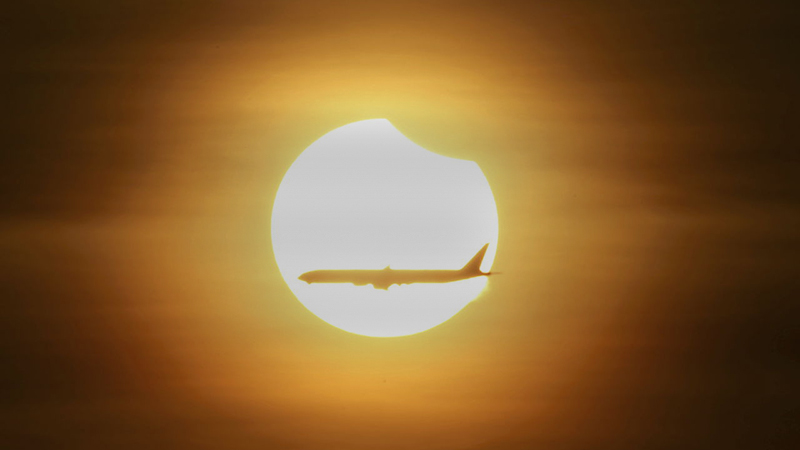QUESTION: When our employees travel for business, they earn frequent flyer miles. Do we have to treat those miles as taxable if employees use them for personal reasons (e.g., to buy vacation travel)?
ANSWER: Many employers allow their employees to make personal use of frequent flyer miles earned on business travel. This can be a significant benefit. Generally, all fringe benefits that an employer provides to an employee are included in the employee’s income unless the Code provides a specific exclusion. But the IRS has struggled with technical and administrative issues related to frequent flyer miles. For example: Which miles are attributable to business expenditures and which are personal? If there is income, how and when should it be valued? Because of these issues, the IRS in 2002 announced that it would not assert that taxpayers have understated their federal tax liability by reason of the receipt or personal use of frequent flyer miles or other in-kind promotional benefits attributable to business or official travel. That policy apparently remains unchanged. The IRS has issued no additional guidance on the issue, and the announcement states that if the policy is changed, any changes will be prospective.
The IRS’s policy has some exceptions. For example, it does not apply if travel or other promotional benefits are “converted to cash, to compensation that is paid in the form of travel or other promotional benefits, or in other circumstances where these benefits are used for tax avoidance purposes.” A conversion to cash might occur if an employee purchases a ticket in coach class, uses frequent flyer miles to purchase an upgrade to first class, and then submits a reimbursement request for the cost of a first-class ticket. Taxable compensation paid in the form of travel might occur if the employer uses frequent flyer miles to purchase plane tickets to a vacation destination and then gives those tickets to an employee. But if employees are simply using accrued points to purchase their own vacations, that seems to fall squarely within the policy.
Since 2002, credit card issuers have developed reward systems that are considerably more flexible than the frequent flyer programs that were the subject of the IRS policy. Some of these permit the conversion of points into gift cards at a uniform rate, or the redemption of points for cash. Others bypass points altogether in favor of simple cash rebates. These features generally do not result in income when a personal card is used for personal spending. (In that situation, the points or rebates are treated as a discount on the purchase.) But it is less clear that cash or cash-equivalent rewards can be ignored when the purchaser is, directly or indirectly, an employer and the reward recipient is the employee. Cash and cash-equivalent rewards would seem to resolve some of the valuation issues underlying the frequent flyer policy, and such rewards clearly run afoul of the conditions for excluding a benefit as de minimis, regardless of their amount. Consequently, employers should not assume that the frequent flyer guidance will also control whether employees must be taxed on the personal use of credit card points or rebates that were earned with business purchases under programs that are not limited to “in-kind promotional benefits.”
For more information, see EBIA’s Fringe Benefits manual at Sections II.B.2 (“Fringe Benefit Exclusions That Lack a Clear Statutory Basis”) and VII.B (“Definition of De Minimis Fringe Benefit”).
Contributing Editors: EBIA Staff.







